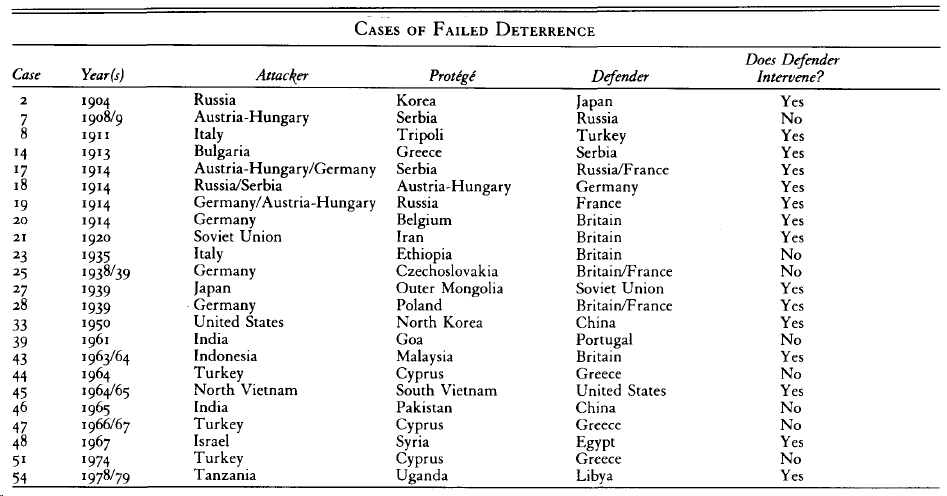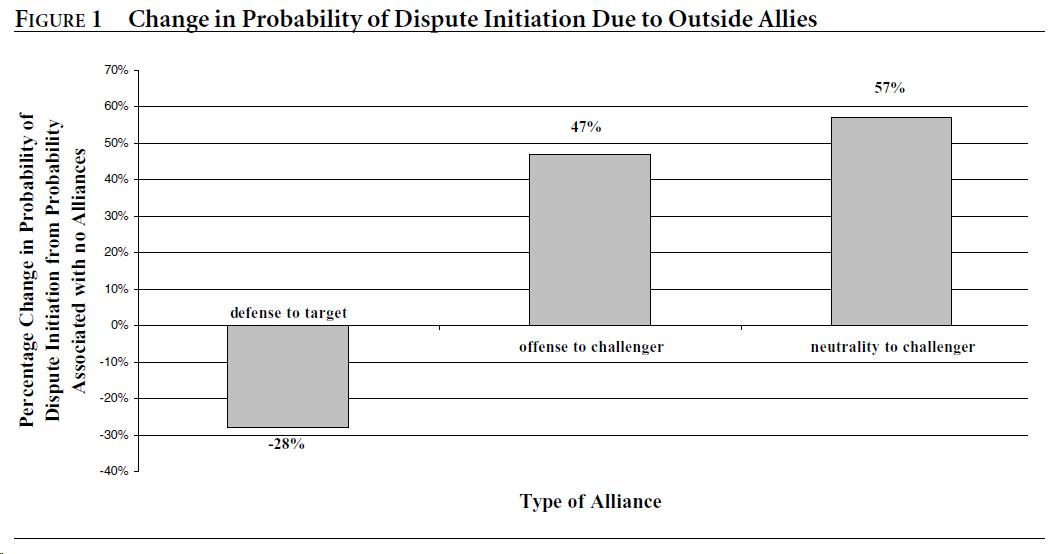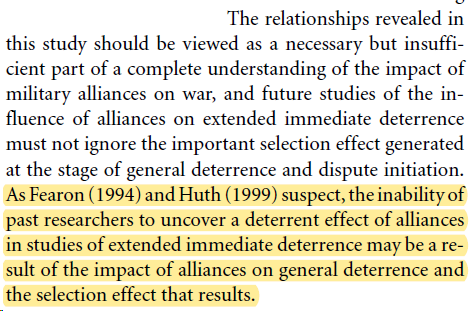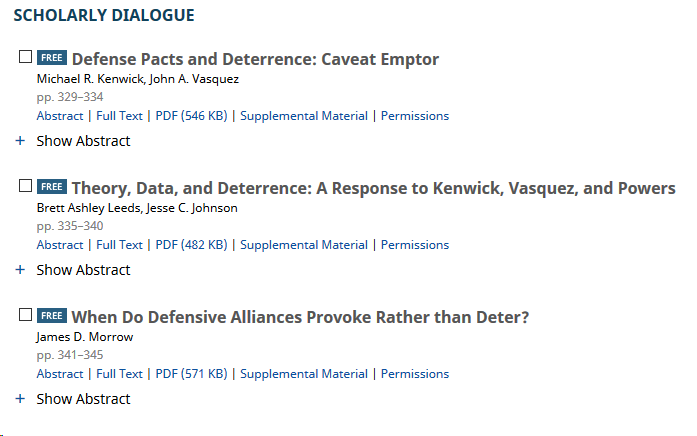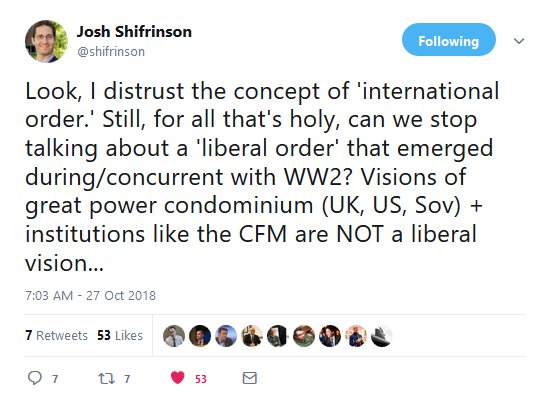But studying deterrence is hard, as it requires making an inference w/ "observational data" 🤔
We discussed this issue in my Quantitative Security class!
👇is a summary
cambridge.org/core/journals/…
journals.sagepub.com/doi/abs/10.117…
He doesn't.
Instead, he just offers a different interpretation of Huth's existing data.
onlinelibrary.wiley.com/doi/pdf/10.111…
academic.oup.com/fpa/article-ab…
You know: SCIENCE!!
(1) the literature has come a long way from the initial Russett and Huth paper,
(2) the literature still has a ways to go!
(end)

